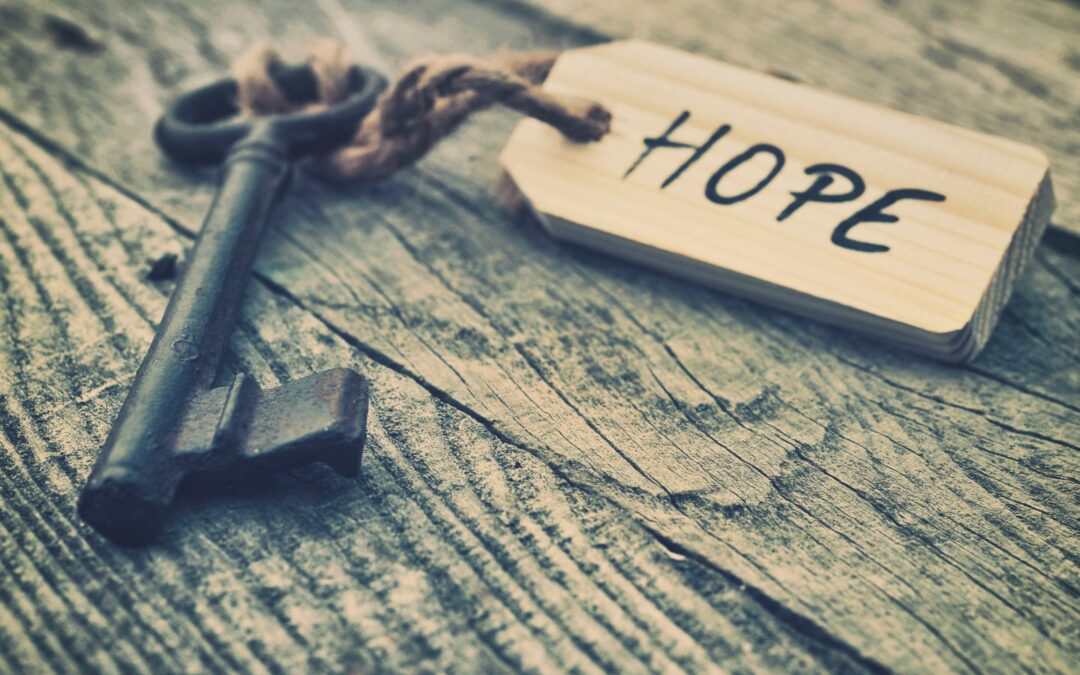Hope is a feeling or desire for a particular thing to happen. It can be internalised in one’s existence as an emotion or as an action, or conversely be objectified as just being out there, to keep us company. It is in-between these two existential polarities that hope often emerges and manifests itself in a myriad of modalities that reflect the complexity of its meaning. Indeed, there seem to be a general agreement across psychotherapeutic traditions, that hope needs to be considered as a multidimensional and dynamic process that includes psychological, physical, social and spiritual aspects. Hope can represent a fertile ground for action, which would lead us to the achievement of positive global and individual outcomes, primarily projected in the future. Indeed, future-oriented thinking together with a positive attitude and a willingness to achieve those outcomes seem to be salient ingredients in hopeful individuals, as they would lead us to achieve those goals. During counselling sessions, hope can be engendered looking at this future-oriented thinking which can lead towards the achievement of specific goals, be them of social, physical or spiritual nature. However, hope can also be engendered by looking at the past, e.g. by thinking of past achievement or evaluating what good memories of us we can leave to posterity.
SUGGESTED READINGS
- Bergin. L. & Walsh, S. (2005). The role of hope in psychotherapy with older adults. Aging and Mental health. 9 (1), 7-15.
- Dufault, K. & Martocchio, B. (1985). Hope: its spheres and dimensions. Nursing Clinics of North America. 20 (2), 379-391.
- Gallucci, S. (2019). “Hope in older women across cultures”. Arts and Humanities Open Access Journal. Vol. 3 (2).
- O’Hara, D. (2013). Hope in counselling and psychotherapy. London: Sage.Snyder, C. R. (2000). Handbook of hope: theory, measures, applications. New York: Academic Press.



